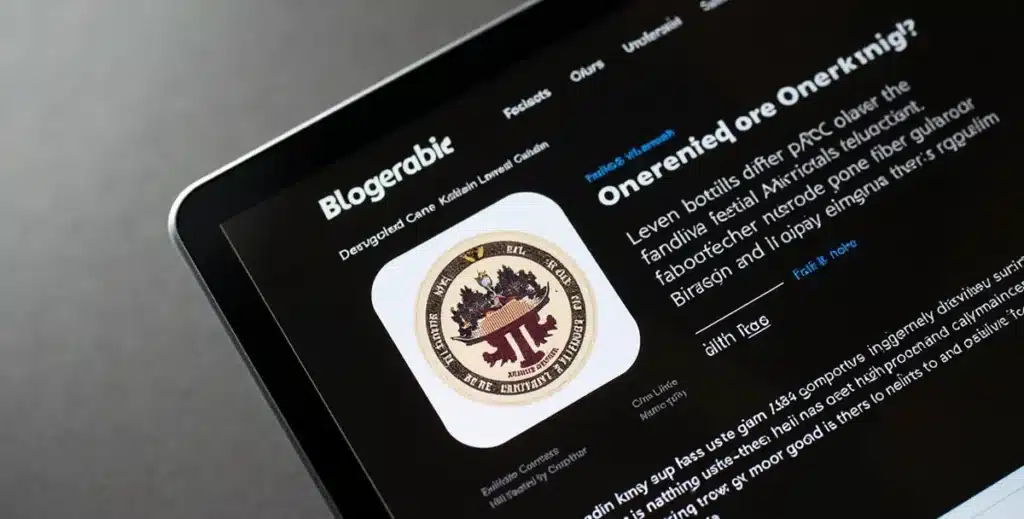The consultative sales approach has become a very effective way for sales professionals to develop closer relationships with customers. In contrast to traditional sales practices, which often focus on quick sales, consultative selling is based on understanding customer needs and offering appropriate solutions. This article explores the concept, practice, best practices, and impact of consultative selling on sales performance, equipping sales teams with the knowledge and skills to succeed in today‘s competitive market.
What is Consultative Selling and How Does It Work?
Understanding the Principles of Consultative Selling
Consultative selling is a sales approach where seller and potential customer collaborate to gain their objectives. It is based on understanding the customer’s pain points, goals, and challenges. Successful sales are about getting in relationships rather than mere transactions, according to the principles of consultative selling. Sales professionals become trusted advisors and engage in meaningful sales conversations that help discover the best solution for each client‘s unique circumstances. Consultative sellers can find insights leading to effective solutions by using open-ended questions and probing questions.
The Importance of the Consultative Sales Process
The consultative sales process is critical in building long-term relationships and customer loyalty. In today‘s market, most sales professionals know that a one-size-fits-all sales pitch does not work most of the time. Instead, using a consultative sales approach allows sellers to tailor their sales strategies to fit the specific needs of each prospect. This personalized approach not only improves the customer experience but also increases the chances of successful sales conversions. In addition, rather than merely offering a product or service, it allows the sales team to set themselves apart within a busy market by solution-selling.
Key Differences Between Consultative Selling and Traditional Sales Techniques
While selling techniques typically advocate for aggressive pushing and closing on a sale fast, consultative selling typically involves a slower, more understanding approach. While traditional sales may be all about a script, consultative sellers are going to have a conversation that puts the customer’s needs first. This is fundamentally different and thus creates a much more authentic relationship because the consultative seller is viewed as a partner rather than a vendor. The consultative sales approach helps create an atmosphere where potential customers feel valued and understood, and this greatly improves the overall sales experience.
How to Implement the Consultative Sales Approach Effectively?
Steps to Use Consultative Selling in Your Sales Process
Implementing the consultative sales approach requires a structured methodology. First, sales reps must thoroughly research potential customers to understand their industry, challenges, and goals. This groundwork enables sellers to ask relevant questions during the sales call that lead to meaningful insights. Next, during the sales conversation, sellers should focus on listening actively and responding thoughtfully to the customer’s concerns. By demonstrating genuine interest and understanding, sales professionals can build rapport and trust. Finally, the consultative seller should articulate how their product or service addresses the specific pain points identified during the discussion, effectively creating a tailored solution that resonates with the customer.
How to Train Your Sales Team in Consultative Selling Techniques
Training is a vital component in nurturing consultative selling skills within a sales team. Role-playing activities during effective sales training programs can focus on replicating actual conversations held during the sale, helping a salesperson sharpen his consultative skills. Finally, good coaching for the salesperson includes an emphasis on specific question-asking and the uncovering of the customers’ needs. Relationship-building workshop training also allows a sales organization to reach their target clients effectively. An investment in consultative selling training for the sales force will prepare these sales teams for success in the consultative selling environment.
Common Mistakes in the Consultative Sales Approach and How to Avoid Them
The best understanding of consultative selling does not preclude salespeople from falling into common pitfalls. One of the most common is not listening effectively to the customer, which creates misunderstandings and missed opportunities. The solution here is that the salesperson must engage in active listening, reinforcing the promise to learn what customers need. A third error is leading questions, which narrow responses from customers rather than open-ended questions that provoke dialogue. Through the use of open communication, sellers can encourage a more interesting sales process, resulting in greater sales success. Lastly, consultative sellers should never be pushy, but rather make trust and deliver value, hence leading to selling success.

What Are the Best Practices for Consultative Selling?
Asking the Right Questions to Uncover Pain Points
The very foundation of a consultative selling approach is based on asking the right questions. Prepared questions should ideally be a combination of specific ones and open-ended ones that have the potential customer reveal his pain points. This helps a seller grasp the actual issues that his or her product or service can solve. For example, instead of asking if a customer is satisfied with their current solution, a consultative seller might ask, “What challenges are you currently facing with your existing solution?
Building Trust and Rapport with Potential Customers
Building Trust and Rapport with Potential Customers Building trust and rapport is a very important part of consultative selling. Sales professionals need to create an environment where the potential customer feels comfortable sharing his challenges and needs. This can be done through genuine engagement and demonstrating empathy during sales conversations. Sellers need to take the time to understand their customers’ businesses and personalize their approach accordingly.
Creating Tailored Solutions for Each Client’s Needs
Tailored Solution to Every Client’s Needs Consulting selling thrives on its ability to create tailored solutions that directly target the unique needs of each client. Sales representatives, after they have identified a customer‘s pain points, will then use this knowledge of their product or service to offer tailor-made solutions to the customer. This is the way in which the features and benefits of their product or service could help the customer meet his objectives.
How Does Consultative Selling Impact Sales Performance?
Measuring the Success of the Consultative Sales Approach
Measuring the success of a consultative sales approach can be done through an analysis of multiple metrics on the performance of sales. Such KPIs include conversion rates, customer retention, and average deal size that give an overview of the success of consultative selling techniques. Tracking customer satisfaction and feedback helps an organization know how well the consultative sales effort is affecting their business. With constant monitoring of such metrics, the sales teams will have room for improvement through adjustment of their strategies to maximize their overall sales performance.
Case Studies: Consultative Selling in Action
Many case studies are available to prove the effectiveness of consultative selling in sales success. For example, a technology company that implemented a consultative sales approach found that customer engagement and satisfaction improved significantly. With a focus on understanding customer needs, the sales team was able to tailor solutions, which resulted in a higher conversion rate and increased repeat business. These real-life examples show how consultative selling can change the way sales processes work and lead to remarkable outcomes.
Accelerating Sales Through a Consultative Mindset
Accelerating Sales with a Consultative Mindset A consultative mindset accelerates sales by building collaboration and problem-solving culture among the salesforces. When sales professionals start to consider themselves as consultative sellers, they more likely seek to please their customer needs at the expense of pushing sales performance. This change of mindset may further enhance the relationship of customers, trust, and further lead to more increased sales performance.
What Tools and Resources Are Available for Consultative Selling Training?
Effective Sales Training Programs for Consultative Sellers
Good selling training programs would be needed in order to cultivate consultative selling skills in the sales workforce. The consultative selling principle can be derived in several techniques like relationship-building methods, questionings that have more effectiveness, and listening abilities. In doing this, organizations would then be able to provide a strong workforce which will be equipped enough to execute consultative sales strategies effectively.
Online Resources and Workshops for Consultative Sales Techniques
In addition to formal training programs, numerous online resources and workshops are available to enhance consultative sales techniques. Websites, webinars, and online courses provide valuable insights into best practices and current trends in consultative selling. Sales professionals can benefit from engaging with these resources to refine their skills, learn new strategies, and stay informed about the evolving landscape of consultative sales.



